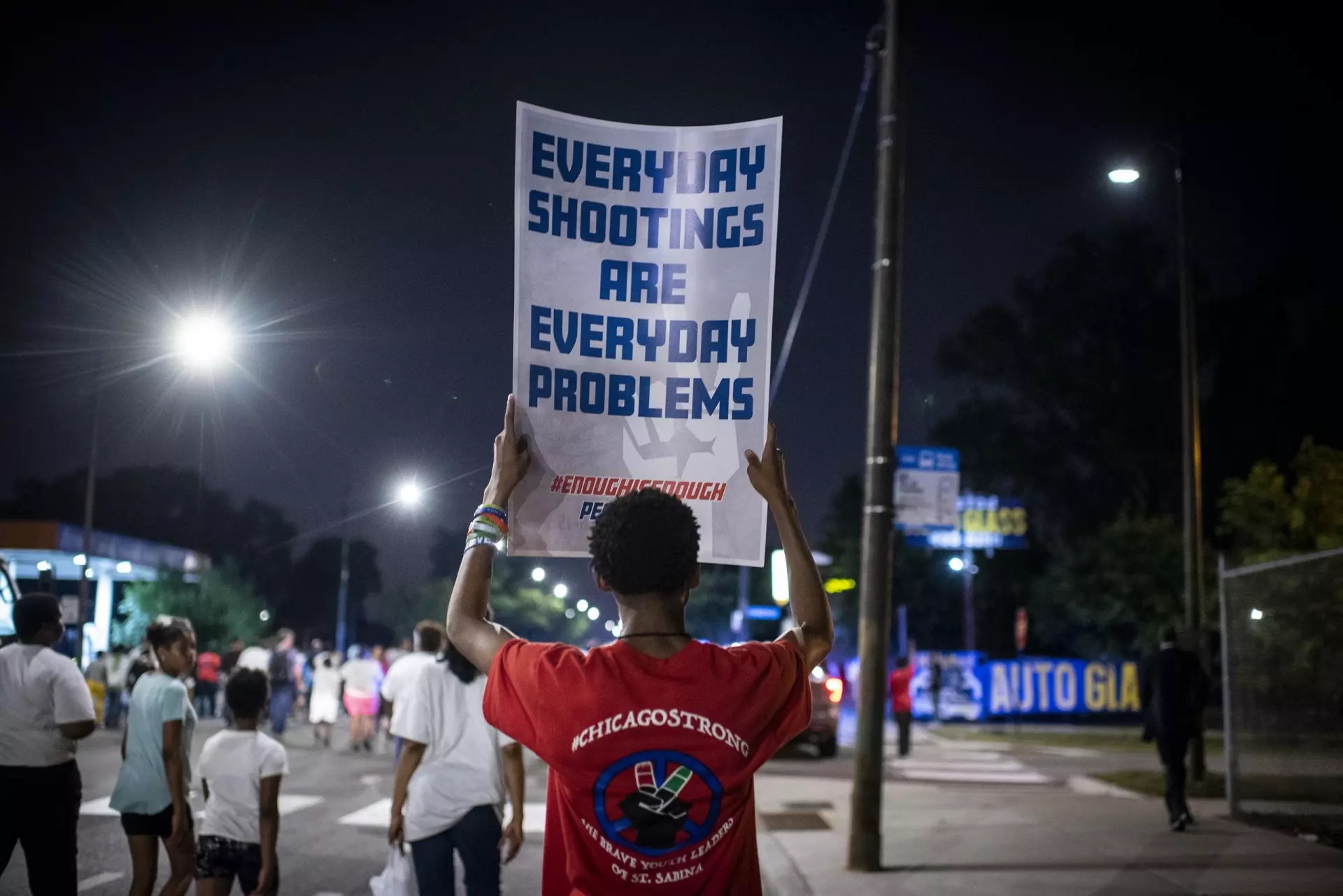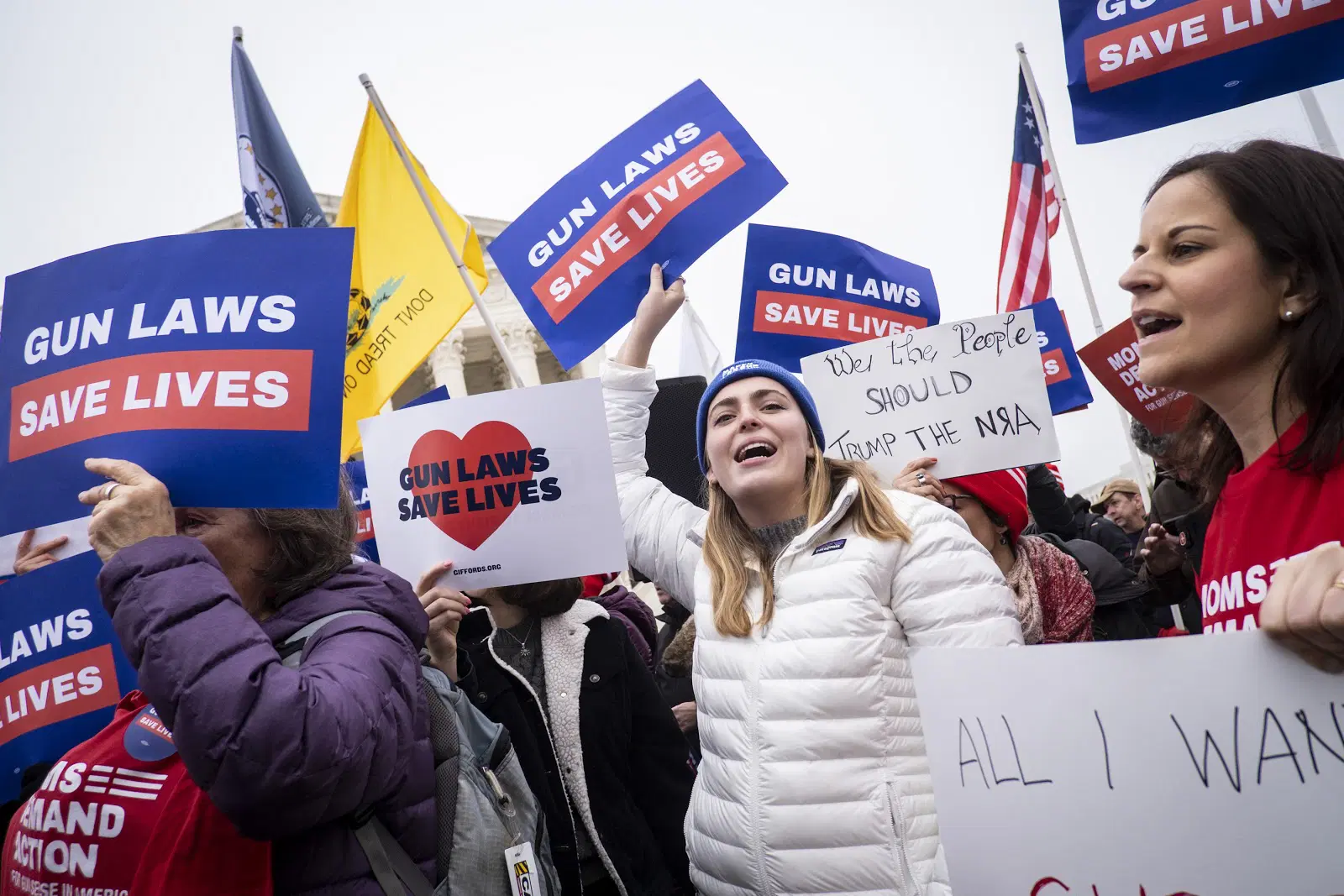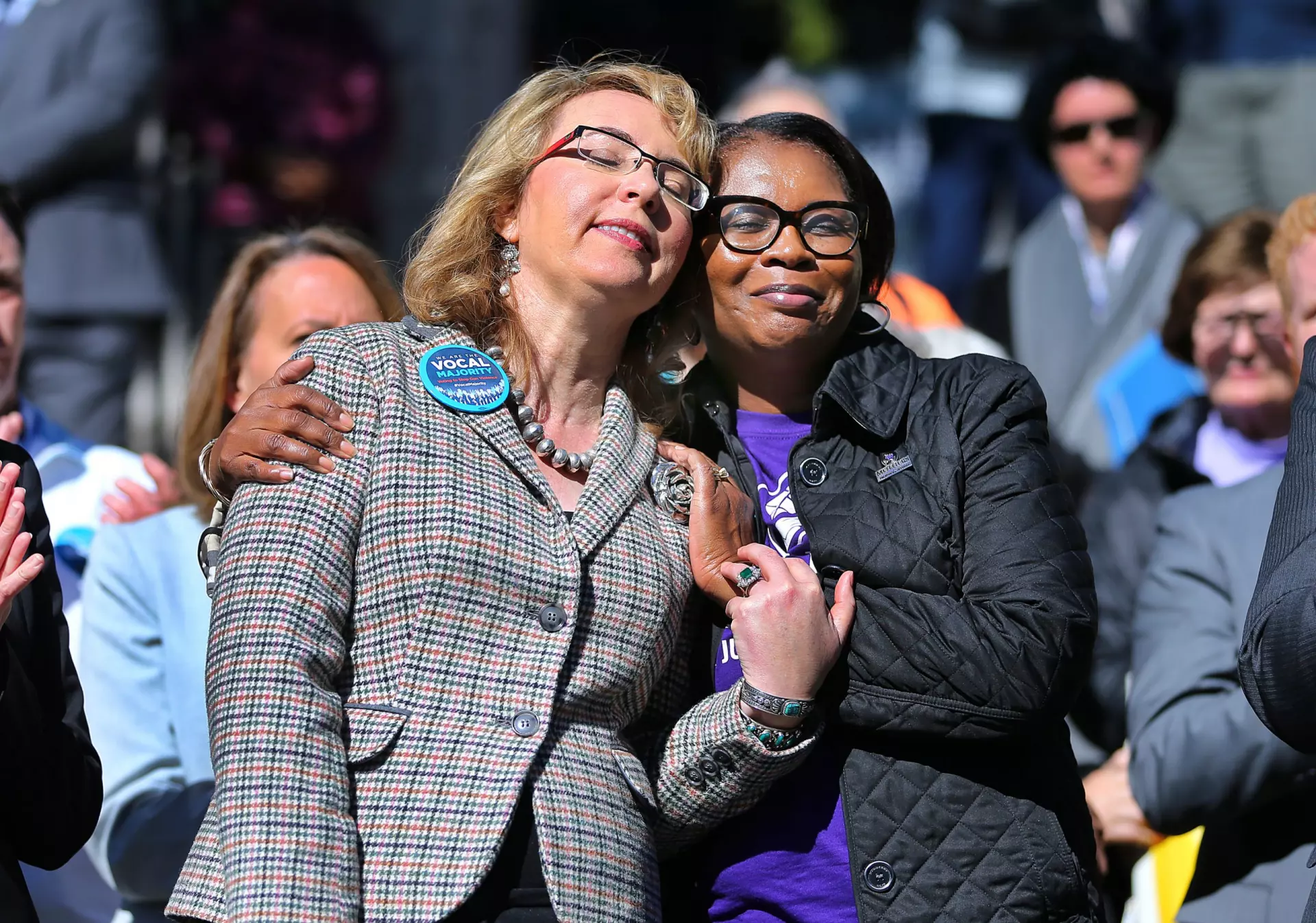In 2022, the U.S. Supreme Court agreed to hear the case Brackeen v. Haaland, which challenged the constitutionality of the Indian Child Welfare Act (ICWA). Congress passed ICWA in 1978 to address the disproportionate rates Native American children were removed from their families and communities, often without good cause, and it has since been widely praised as the “gold standard” in child welfare law.
At risk before the Court were not only the rights of tribes and Native families in child welfare proceedings, but more broadly tribal sovereignty as a whole. Backed by well-funded organizations that stood to benefit from unraveling tribal rights, the plaintiffs sought to overturn centuries-old precedents around not only child welfare but also issues including natural resources, tribal healthcare, and even congressional authority.
Working on behalf of the Cherokee Nation, the Morongo Band of Mission Indians, the Oneida Nation and the Quinault Indian Nation, SKDK was tasked with helping tell the powerful stories of child removal and the importance of ICWA to tribes and families across the country. Our work began when the case was first argued in U.S. District Court in 2018 and continued as it proceeded to the Appellate Court and then the Supreme Court.
In advance of oral arguments, SKDK helped educate media around complex Indian law issues by securing dozens of interviews with the elected leaders of the defending tribes, legal experts, and people with lived ICWA experience; organizing press calls and background conversations around key moments in the legal process; correcting inaccuracies that often plague coverage of Native American news; and framing the matter as a widely accepted issue of sovereignty.
To help communicate the gravity of the risks to tribes if ICWA was overturned, SKDK also worked with tribal leaders and legal experts to place op-eds in key local and national publications, and to rebut public misinformation around the case.


In a stunning victory, the Supreme Court upheld ICWA in its entirety by a 7-2 vote. SKDK helped ensure statements and interviews from the defending tribes were included prominently in national media, and that reporters understood how the ruling would benefit families and children across the country.


